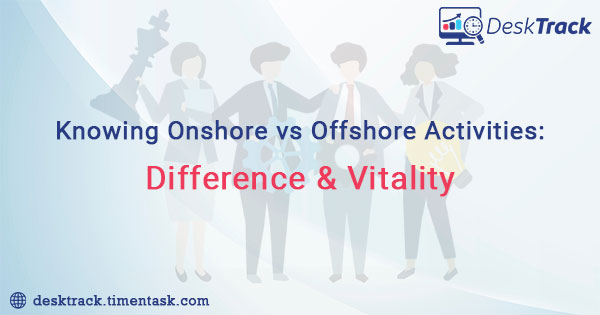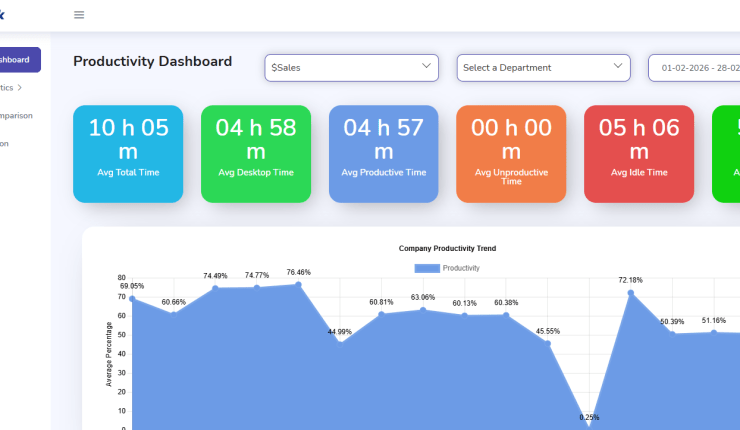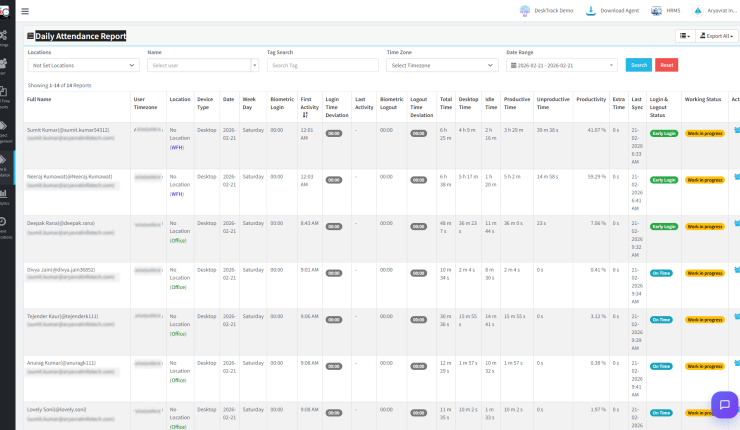Today’s globalized business environment, business organizations need to optimize their operations constantly, reduce costs, and improve efficiency. Presently, two strategies have become highly popular: these are offshore vs onshore activities.
Both the approaches are different and deliver services differently but they both have significant impact on an organization’s success.
In this blog, we will understand the differences between onshore and offshore activities. We will also highlight their significance, and help people make informed decisions in their business operations.
What is Onshoring?
Onshoring, which is also called domestic outsourcing, is the practice of contracting or outsourcing services to professionals and companies within the same country or geographical locations. This practice puts more emphasis on utilizing local resources and labor to carry out tasks. The main objective of onshore activities are resource-intensive or specialized hiring for organizations to manage their in-house activities.
Onshore services have certain key advantages. They ensure a shared time zone, language, and cultural compatibility. This makes communication and collaboration more effective.
Also, onshore providers often stick to the same regulatory and legal standards as the hiring company, which can be crucial in industries with complicated compliance requirements.
What is Offshoring?
Offshoring is different from onshoring. It is a practice of outsourcing business processes or services to companies or individuals that are from different countries or geographical locations. These services are often prevalent for regions where labor and operational costs are lower. The primary motivation for offshoring is cost reduction. Offshore labor can be more affordable than local resources.
Offshoring also has multiple advantages. It allows companies to access the global talent pool, providing specialized skills and expertise. Also, lower labor costs can result in substantial cost saving. This also makes offshoring an attractive option for businesses that are looking to improve their bottom line.
Organizations outsourcing different services need other software like employee monitoring software to track the actual performance of their offshore service providers.
Comparing Offshore vs Onshore
Now, let us look closely into the key differences between offshore and onshore activities:
Cost Considerations
The most noticeable distinction between offshore vs onshore activities is the cost factor. Offshore activities generally offer cost savings due to lower labor and operational expenses. However, onshore services are typically more expensive but offer proximity and ease of communication.
Quality and Expertise
Offshore activities can provide access to a diverse talent pool, often with specialized skills. Whereas onshore activities might be preferred for projects where expertise and quality are high.
Communication and Collaboration
Onshore services benefit from shared time zones, language, and cultural understanding. This makes communication and collaboration simple. Offshore activities may require more effort to fill these gaps.
Regulations and Compliance
Onshore activities usually abide by the same regulatory and legal standards as the hiring company, which helps in compliance requirements. Whereas, offshore activities can have regulatory challenges.
Risk Management
Offshore activities may involve risks related to political instability, currency fluctuations, and data security. However, onshore activities offer a more stable environment with reduced risk.
Which is better – Offshore vs Onshore?
There is no common answer for this question as every industry is different. The choice depends on different factors such as business goals, budget, industry, and the specific nature of the services one needs.
Let us Consider some common points to know what suits your business model more, offshore or onshore services:
- Cost vs. Quality: If your primary concern is cost savings, offshore activities may be more ideal for you. However, if you require quality and expertise, onshore services might be worth considering.
- Communication and Collaboration: It is essential to consider the importance of communication and collaboration in your work model. If these aspects are critical to your project’s success, onshore services can be more convenient.
- Regulatory and Compliance Requirements: If you are from an industry where compliance and regulatory adherence are non-negotiable, onshore activities can be more advantageous. Offshore services might be challenging for such industries.
- Risk Tolerance: It is essential to assess risk tolerance in your organization. Offshore activities may introduce geopolitical and currency-related risks. Whereas onshore services generally offer a more stable environment.
Choose Effective Productivity Measurement tool: When you are offshoring your services, you need productivity monitoring software like DeskTrack to measure the real-time productivity of your offshore team.
Top Onshore Services
Onshore services can be suitable for a wide range of industries and sectors. Some of the top onshore services include:
- Software Development: Onshore software development teams can offer expertise in developing high-quality applications and systems.
- Customer Support: Local customer support teams can provide personalized assistance in the same time zone as your customers.
- Legal and Financial Services: Legal, accounting, and financial services are often outsourced onshore to ensure compliance with local regulation.
- Manufacturing: Domestic manufacturing facilities enable quality control and quick response to changing market demands.
- Marketing and Advertising: Onshore marketing agencies can better understand local market dynamics and consumer behavior.
Conclusion
In the debate between onshore vs offshore activities, there is no definitive winner. Both approaches come with their own advantages and disadvantages. They are valuable tools in the complicated work environment of modern businesses.
It is crucial to conduct a thorough analysis before making a decision and, if necessary, seek expert guidance to ensure that your chosen approach fits with your long-term business objectives.
Also it is essential to make informed decisions in today’s globalized business environment. No matter what you choose between onshore vs offshore, the end result should reflect your organization’s growth and success.


















